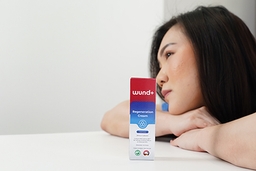Foods To Boost Your Skin’s Youth

Aging cannot be reversed, but it can be controlled. A healthy diet is the key to firm, youthful skin.
Do you like sweet drinks or alcoholic beverages? Take precautions. Both of these drinks cause your skin to wrinkle and dry quickly.
Excess sugar consumption harms the skin. Sugar, through the glycation process (the reaction that occurs when hemoglobin meets glucose), stiffens collagen. This is what causes the skin to age. Too much sugar causes facial inflammation. Acne, rosacea, and eczema are all aggravated by this.

You should also limit your coffee consumption to achieve healthy skin. Caffeine causes skin cells to shrink. This is because coffee has a diuretic effect, which means it absorbs water.
Eating too much sugar or processed foods, as well as foods with a high glycemic index (dairy, carbohydrates, and unhealthy fats), causes skin inflammation, irritation, and acne, as well as accelerates the aging process.
The skin is our body's largest and most powerful organ. The skin shields us against pollutants, toxins, and germs. The skin also assists our bodies in temperature regulation, preventing dehydration, and protecting the body from temperature extremes. However, as you get older, your skin ages as well.
What are the underlying factors? Here they are:
1. Free radical exposure
Free radicals harm cells. Free radicals are byproducts of the body's metabolism, sun exposure, and lifestyle choices such as fast food, alcohol, and smoking.
2. Inflammation
Excessive fast food consumption causes inflammation in the body. The skin will be affected by this.
3. Dehydration
Dehydration results in wrinkled and dull skin. Dehydration is caused by dry weather, soap, and excessive sun exposure, resulting in dry skin. Stay hydrated by drinking plenty of water!
Beneficial nutrients for skin health
The food we eat has an impact on our skin's health. Think again if you think you're fine eating all kinds of fried or fast food. When we do not meet our nutritional needs, such as vitamins, minerals, and macronutrients (fats, carbohydrates, and proteins), our bodies suffer.
A lack of nutrition may initially have no effect, but if left unchecked, the body will suffer. Various changes occur in the skin, nails, and hair over time. Your skin will be dull and lifeless.
You could argue that there's no need to be concerned. There are thousands of beauty products on the market that can help you maintain youthful skin.
Several studies, however, have shown that the benefits of various products are not as great as the benefits of healthy foods such as vegetables and fruits.
1. Omega-3 acid
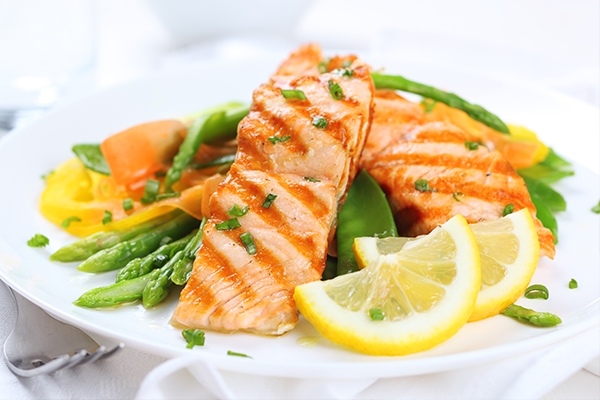
Fatty fish are high in omega-3 acids, vitamin E, and zinc, all of which are good for your skin. Salmon, mackerel, and herring are examples of fatty fish.
Fatty fish's nutritional content promotes skin regeneration, decreases redness and inflammation, and keeps skin supple and moisturized.
According to a study published in the Journal of Clinical Medicine, consuming omega-3 fatty acids can protect the skin from UV rays. This can help to lower the risk of developing non-melanoma skin cancer.
The American Heart Association suggests eating this type of fish twice a week. This is undoubtedly good for your heart.
If you don't like fish, you can get omega-3s from vegetables. These vegetables are flaxseeds, chia seeds, walnuts or almonds, edamame, canola oil, and soybean oil.
2. Polyphenols
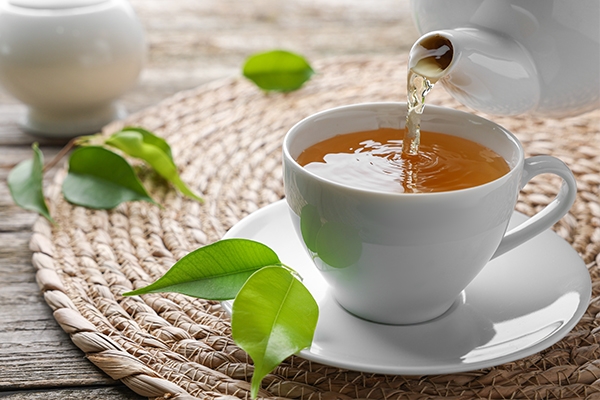
Because green tea contains polyphenols, it can act as an antioxidant and an anti-inflammatory. To treat acne, green tea can be used as a toner. You can also consume it or apply it to the affected area of your face. Green tea's vitamin K content is also beneficial for lightening dark circles under the eyes.
Grapes, in addition to green tea, contain polyphenols such as resveratrol, phenolic acids, anthocyanins, and flavonoids. Chocolate fans deserve this good news as well. Chocolate, particularly dark chocolate, contains flavanols, which help to reduce rough skin texture and sun damage.
3. Vitamin E
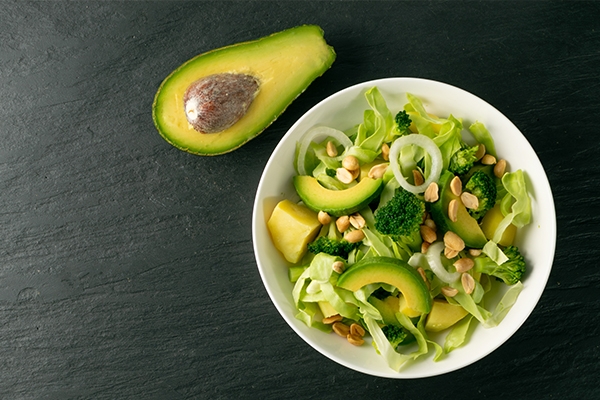
Selenium and vitamin E are found in nuts and seeds. They provide skin-beneficial antioxidants. Lesser selenium intake reduces cancer risk by up to 31% and cancer mortality by up to 40%.
Avocados are high in antioxidants and vitamin E, which aid in skin elasticity and moisture retention. When combined with vitamin C, vitamin E becomes more potent.
4. Vitamin C
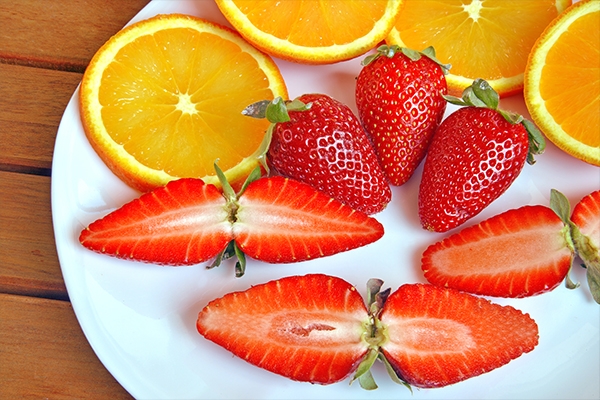
Some fruits and vegetables are high in vitamin C, which helps to prevent skin wrinkles. Oranges, peppers, broccoli, strawberries, and kiwis are examples of vitamin C-rich fruits. A lack of vitamin C results in dry, flaky skin and easy bruising.
5. Lycopene
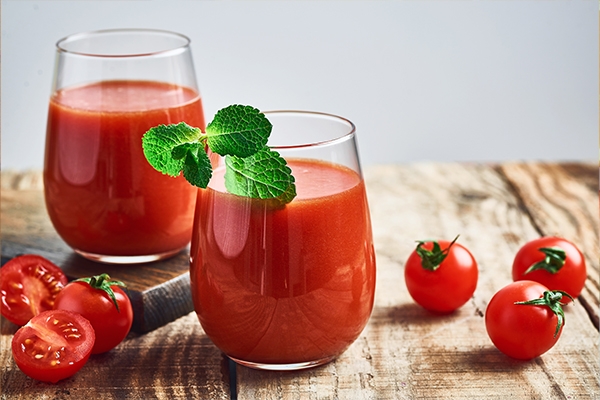
Tomatoes, for example, have a high lycopene content. It is said to smooth the skin. Lycopene can help protect the skin from the sun's ultraviolet (UV) rays. So, if you're going on a beach vacation, eat this fruit. However, please continue to use sunscreen.
6. Vitamin K
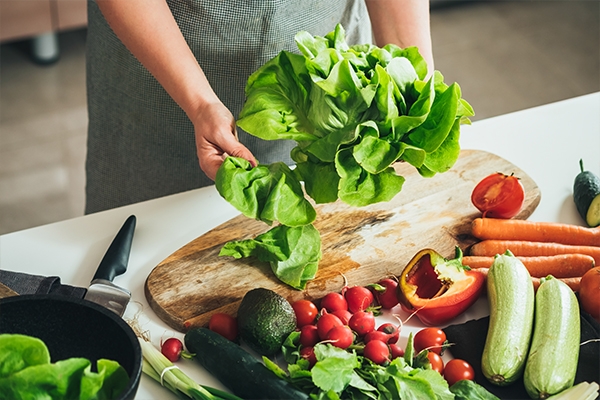
Dark circles under the eyes are sometimes unavoidable. Green vegetables, such as kale, mustard greens, broccoli, and cabbage, are high in vitamin K, zinc, and zeaxanthin. These substances help to improve blood circulation and coagulation, prevent acne and inflammation, and even out skin tone.
Taking vitamin K can help to reduce dark eye circles and keep the eyes bright.
The food you eat has an impact on your skin's health. So, make sure your diet contains enough nutrients to protect your skin.
If you have skin problems, click on WhatsApp.


